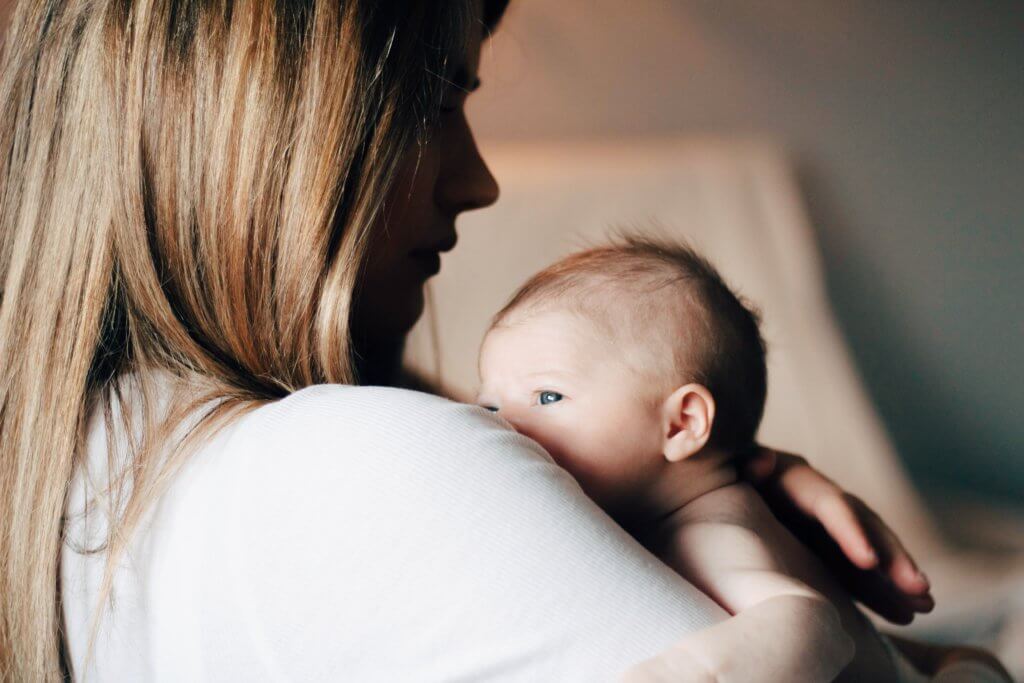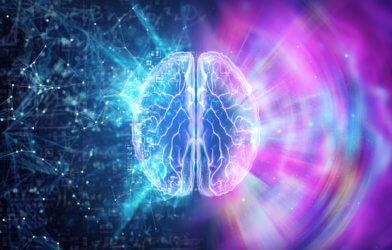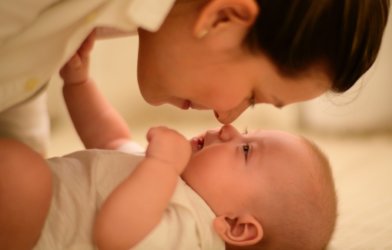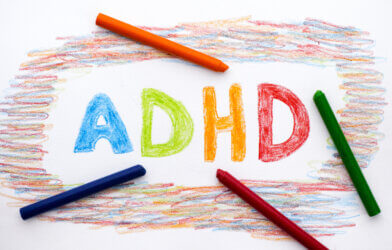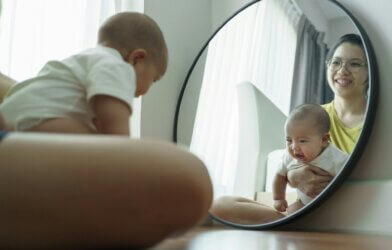In groundbreaking research, scientists from the University of Birmingham’s BabyLab have discovered that babies as young as four months old possess a level of self-awareness previously unknown. The findings, published in Scientific Reports, offer new insights into the early development of self-awareness in infants.
In a series of experiments conducted at Goldsmiths (University of London), researchers presented babies with a ball on a screen moving either towards or away from them. When the ball was closest, the babies received a gentle touch on their hands, and their brain activity was measured using EEG caps.
“Our findings indicate that even in the first few months of life, before babies have even learned to reach for objects, the multisensory brain is wired up to make links between what babies see and what they feel,” explains Dr. Giulia Orioli, Research Fellow in Psychology at the University of Birmingham, who led the study, in a statement. This means they can sense the space around them and understand how their bodies interact with that space.”
This early ability, often referred to as peripersonal space, raises intriguing questions about the innate capabilities of infants and how much of this self-awareness is learned.
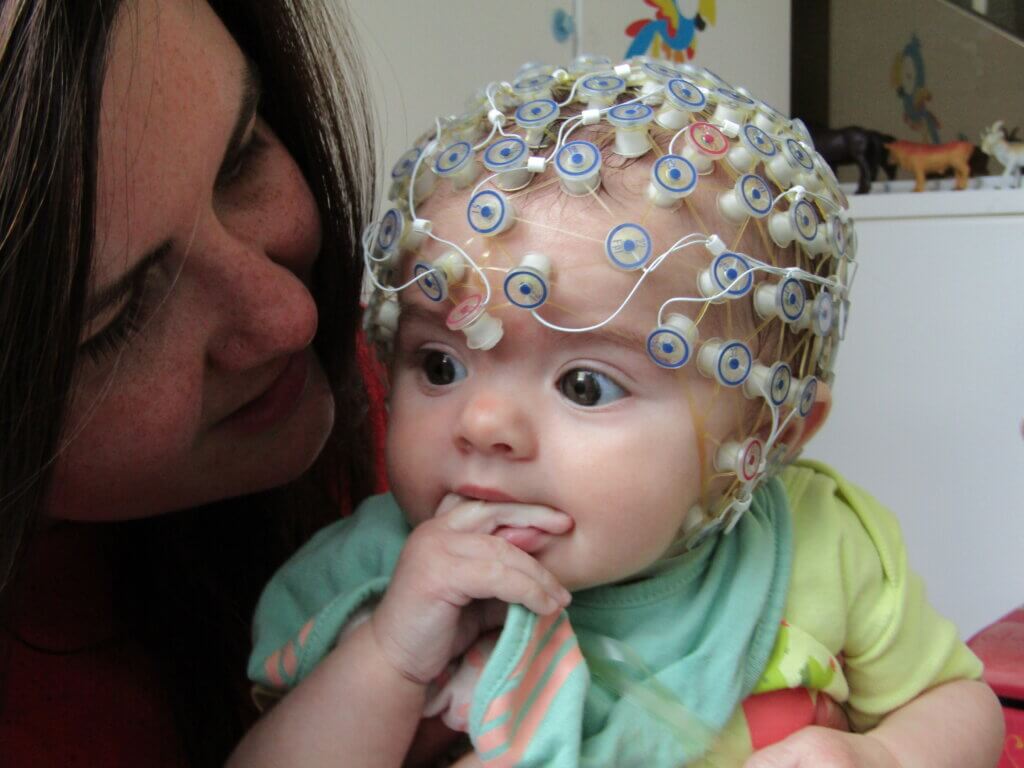
The study also explored the reactions of older babies, specifically eight-month-olds, to unexpected touches. When the touch was preceded by the ball moving away from them on the screen, the babies exhibited signs of surprise in their brain activity.
“Seeing the older babies show surprise responses suggests that they had not expected the touch due to the visual direction the object was moving in,” says Professor Andrew Bremner, a professor of Developmental Psychology. “This indicates that as babies proceed through their first year of life, their brains construct a more sophisticated awareness of how their body exists in the space around them.”
The researchers plan to extend their study to younger and older participants, seeking to understand the trajectory of brain development in infants. They also aim to investigate whether newborns display early signs of these “multisensory” abilities, potentially uncovering the foundations of human consciousness.
Dr. Orioli expressed the excitement of the research team, noting the challenge of working with newborns and the potential insights into the origins of human consciousness.
